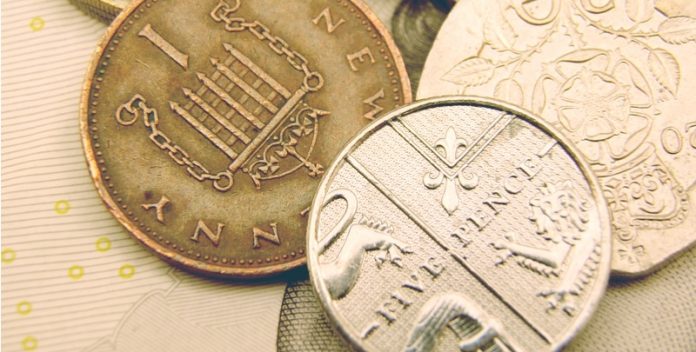- Pound (GBP) sinks as UK deficit soars to a record £174 billion
- Tax receipts collapsed and spending surged through the coronavirus crisis
- RBA minutes indicate current policy measures will remain in place for a prolonged period of time
- Policy makers said economic conditions had stabilised and that the downturn was less severe than expected, boosting the Australian Dollar (AUD)
The Pound Australian Dollar (GBP/AUD) exchange rate is heading southwards on Tuesday, paring gains from the previous session. The pair settled on Monday +0.6% at 1.8053. At 08:00 UTC, GBP/AUD trades -0.4% at 1.7983.
The Pound is under pressure after the Office of National Statistics released data which showed that the British government deficit hit a record in the first quarter of the financial year. The difference between tax receipts and public spending more than doubled the previous highest quarterly total. The data exposes the impact that the pandemic is having on UK public finances with the deficit at £174 billion, significantly higher than £20.3 billion for the same period a year earlier.
The deficit of £76.8 billion at the height of the financial crisis pales in comparison to the current deficit as the British government continues to page the wages of some 9 million workers through the job retention scheme whilst tax receipts collapsed. Public debt is sitting at 99.6% of GDP.
There is no more high impacting UK data until Friday when investors will be watching UK retail sales and flash PMI readings.
The minutes from the Reserve Bank of Australia’s July meeting confirmed that policy makers will leave the current monetary policy measures steady for the foreseeable future. Policymakers didn’t discuss the latest surge in coronavirus cases in the state of Victoria and the lockdown in Melbourne and the economic impact of the renewed lockdown measures.
The RBA added that risks remained skewed to the downside and also confirmed that negative interest rates remain “extraordinarily unlikely”. On a more upbeat tone, members agreed that economic conditions had stabilised and that the contraction was less severe than had been anticipated, boosting the Aussie Dollar.





